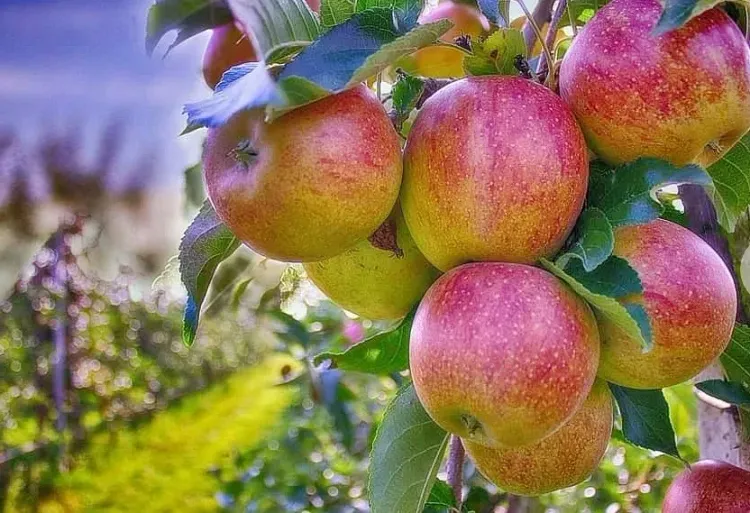Should India Ban the Import of Apples from Turkey?

Synopsis
Key Takeaways
- Himalayan apple growers are demanding a ban on Turkish apple imports.
- The surge in imports threatens local economies and cultural identities.
- Approximately 1 million families depend on apple farming in the region.
- Import values have significantly increased in recent years.
- Immediate actions are proposed to safeguard domestic farmers.
New Delhi, May 14 (NationPress) The Himalayan Apple Growers Society has urgently called for a prohibition on the importation of apples from Turkey. Rajesh Dhanta, the general secretary of the society, emphasized the necessity for India to retract its import activities in favor of the economic well-being of the Himalayan states.
The apple orchards in Himachal Pradesh, Uttarakhand, and Jammu and Kashmir serve as a vital source of economic support and cultural identity. However, this heritage now confronts a significant threat as the continual influx of imported apples, especially from Turkey, disturbs the fragile equilibrium of local commerce.
In a heartfelt letter to Prime Minister Narendra Modi, Dhanta pointed out the contradiction of India's “Vocal for Local” campaign being compromised by the rampant import of foreign apples.
He highlighted the challenges faced by approximately 800,000 families in Jammu & Kashmir, 400,000 families in Himachal Pradesh, and 100,000 families in Uttarakhand, whose livelihoods are deeply connected to apple farming and its related industries.
More than just a commercial product, apples embody the core spirit of these regions, influencing their traditions and economic structures.
Dhanta revealed alarming figures, indicating that the import of apples from Turkey skyrocketed from a mere 205 tonnes in 2015 to an astonishing 117,663 tonnes in recent years.
The financial impact is equally troubling, with the value of imports rising from Rs 563 crore in 2021-22 to Rs 739 crore in 2022-23, and further escalating to Rs 821 crore in 2023-24.
This influx has overwhelmed Indian markets, leading to fierce competition among local vendors and destabilizing the economic balance in northern apple-producing states, Dhanta explained.
The implications go beyond mere economics, as this unchecked importation has worsened unemployment and disrupted social stability in Himachal Pradesh and its neighboring areas.
The society has passionately advocated for an outright ban on Turkish apple imports, urging the establishment of stringent phytosanitary standards, the enforcement of a minimum import price (MIP), and the development of a comprehensive protection policy designed to defend domestic apple farmers.
According to Dhanta, this policy must prioritize price stabilization, storage support, and marketing assistance to ensure local farmers receive adequate support prices or direct income aid. He warned that failure to take prompt action would have serious repercussions for families reliant on apple cultivation.









